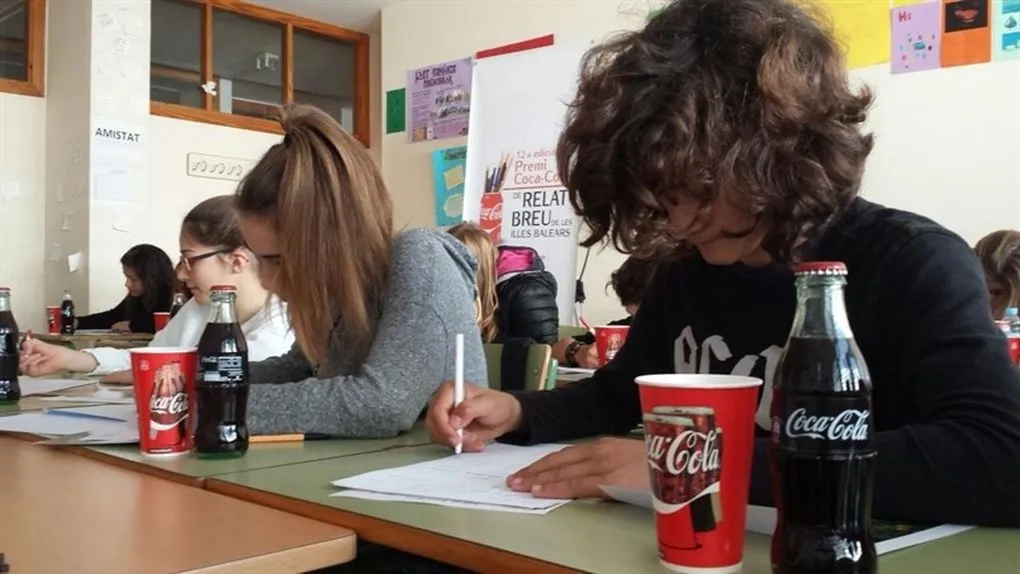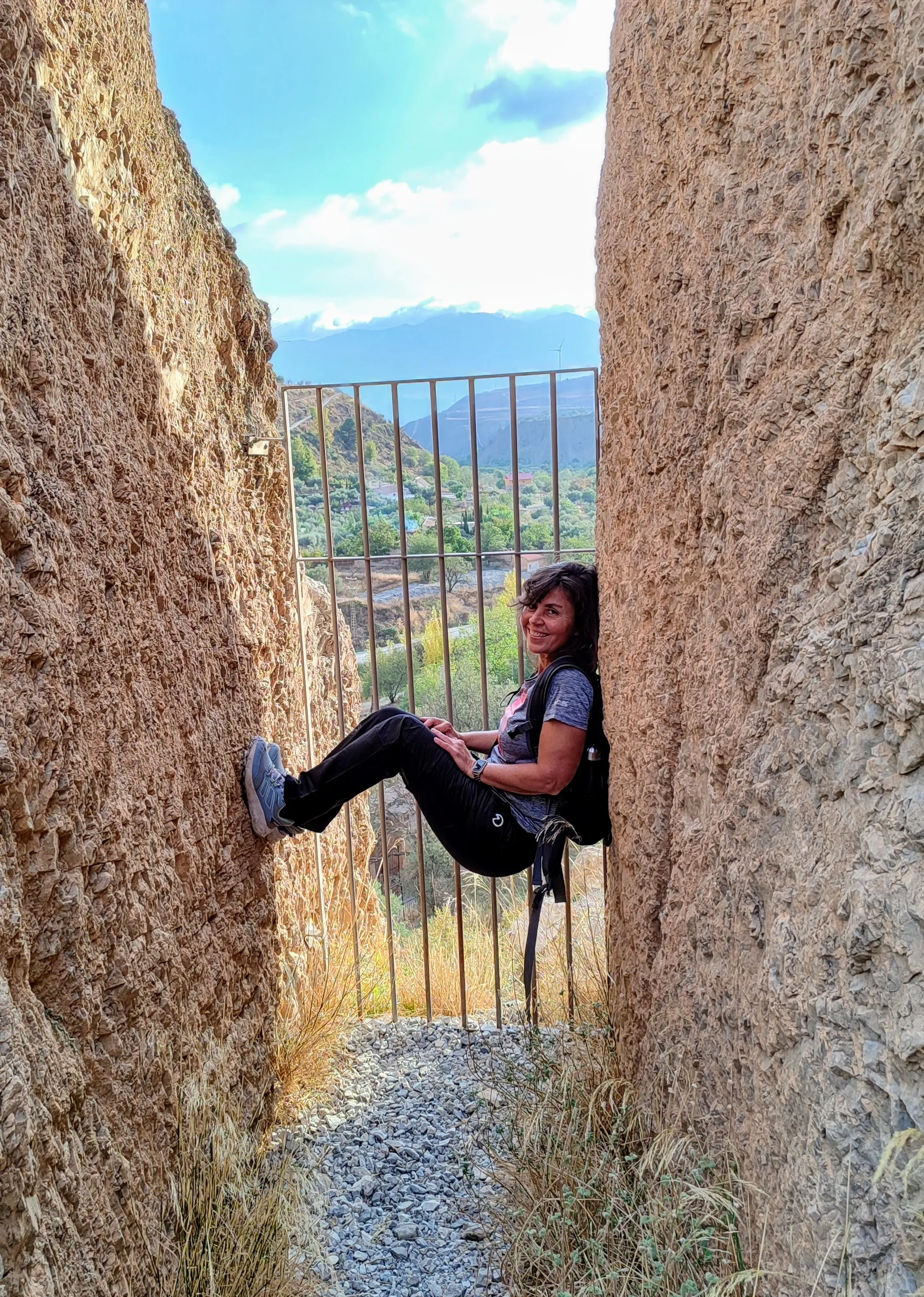The Spanish government has not attended the recommendation of the World Health Organization to raise taxes to soft drinks.The Diabetes Foundation says that among its objectives is not to demonstrate on this fiscal proposal.
The Diabetes Foundation received 227,600 euros between the years 2010 and 2015 from Coca Cola.The Spanish Division of the American multinational states that it will maintain collaboration with the Foundation and that their interest is that diabetics know that they can consume their sugar products.The Foundation says that it is not among its objectives to demonstrate about the proposal to increase taxes on sugary soft drinks, whose consumption is linked to the increase in obesity and diabetes.
Manuel Arroyo has been appointed new director of Coca-Cola in Spain and Portugal.
Deolo paid Manuel Arroyo 900,000 euros for saying goodbye, 2.2 M. In 15 months.
According to the information that Coca Cola publishes about the collaborations that it performs annually with institutions, organizations and universities, between 2010 and 2015 it has been increasing the money delivered to the Diabetes Foundation.The economic support that Coca Cola offers to the Spanish Foundation is used in the organization of a popular race against diabetes and for the maintenance of its website.
"Zero soft drinks, without sugar, are not the panacea in relation to diabetes," says Javier Martín, specializing in obesity surgery
In 2010, the Foundation received 4,000 euros from the company of sodas for a congress and 15,600 euros for the web;In 2011, the amount received for the web amounted to 24,000 euros;In 2012, he received 6,000 euros for the I Diabetes race, and 26,000 euros for the web.In the following years, until 2015, economic contributions have been 6,000 and 6,500 euros for the race, and 39,000 euros for the web in 2013 and 2014, and 55,000 euros in 2015. The amounts published by Coca Cola do not include VAT.
The logos of the main coca -free coca -free drinks appear in the section that the website of the Diabetes Foundation dedicates to knowing, Sprite Zero, and Aquabona.The pharmaceutical logo Novo Nordisk also appears, which sells diabetes medications.
"We do not intervene in the messages of the Foundation," says Rafael Urrialde, director of Health and Nutrition for Coca Cola Spain, in a conversation with Vozpopuli."We are interested in knowing Coca Cola's Zero brands, it is advertising for diabetics," he says.Urrialde emphasizes that Spain is a reference market in Coca Cola's policy on its sugarless drinks.At present, sales of Coca Cola Zero brands in Spain represent 36% of its total income, more than 40% in the case of its tail soda.
"If governments tax sugary drinks can save lives," says WHO
"Zero drinks, sugarless sodas, are not the panacea in relation to diabetes," says Javier Martín Ramiro, specialized in obesity surgery, author in 2012 of the doctoral thesis loading disease associated with overweight and obesity in obesity inSpain, Cum Laude from the Rey Juan Carlos University."Zero drinks have no calories, but blood glycemia do," he explains."You don't have to demonize this type of drinks," he says, "but you don't have to sell motorcycles.""What you have to do is drink water, and not carbonated drinks," he recommends, and recalls that these soft drinks also affect dental health: "enamel erosion also has to do with the citrus acid that these drinks carry."
"The Diabetes Foundation has been promoting all kinds of projects for the benefit of people for almost 20 yearsWith diabetes, "he says in an email sent to this newspaper Ana Mateo, manager of the Diabetes Foundation." In this framework, the Foundation has the collaboration and sponsorship of different institutions and companies for the start -up anddevelopment of your projects.Together with other companies from different areas, Coca-Cola is one of the companies that collaborates with the Foundation and its presence on our website is through its range of zero or low-calorie products, "he adds.
On the position of the Diabetes Foundation in the debate to raise taxes to soft drinks, Ana Mateo points out in his email that "it is not within our objectives to maintain meetings about it or manifest ourselves on this subject.""However," he adds, "from the Diabetes Foundation we think that the most important thing is to educate society and put all the necessary measures to favor that people have a healthier life (...). We consider that the drinkmain for the entire population (with and without diabetes) must always be water. "
"A can of sodas contains seven tablespoons of sugar," says Rodrigo Córdoba, of the Spanish Society of Family Medicine
The sugary soft drinks business is in the spotlight of the World Health Organization (WHO).The United Nations dependent agency launched a report last October which recommended to the states increase taxes on sugary soft drinks by 20% to reduce, in the same proportion, the consumption of these drinks."If governments tax products such as sugary drinks can avoid the suffering of many people and save lives," said Douglas Bettcher, director of the Non -Trans -Trans -Trans -Trans -Trans -Trans -Trans -Trans -Trans -Trans -Trans -Trans -Trans -Trans -Trans -Trans -Trans -Trans -Trans -Transmissible Diseases.
In Spain, the government for the moment has not attended the WHO recommendation.Although in December last year the Minister of Finance, Cristóbal Montoro, announced that in 2017 the State would raise 200 million with a new tax that would tax sugary drinks, also to drinks such as Coca Cola Zero and the like, the measure has been parked.
The Spanish Society of Family Medicine decided in 2014 to end the relationship with Coca Cola
"There is nothing more pedagogical than a law," says Rodrigo Córdoba, coordinator of the Health Education Group of the Spanish Society of Family Medicine (SEMFYC)."In 20 years the obesity rate in Spain in children and adolescents has doubled, it is one of the highest in Europe," he warns."If serious measures are not taken, obesity and diabetes will continue to increase; education works in an appropriate regulatory context," he says, and recalls that a can of sodas "contains about seven tablespoons of sugar."
The Spain Society of Family Medicine also received financial assistance from Coca Cola, but in 2014 it decided to end that relationship.SEMFYC received 8,750 euros from the company for a Congress in Valencia in 2010, and another 5,320 euros for a Congress in Gran Canaria.The company placed a Aquarius stand at the congresses."The collaboration with Coca Cola was decided in 2010 to reduce the contributions that were being received from the pharmaceutical industry, and the food industry was thought," explains Ana Arroyo, Secretary of Semfyc."In 2014 we are already able to end the relationship, we have seen that it can also have negative consequences, and we have rectified," he adds.







